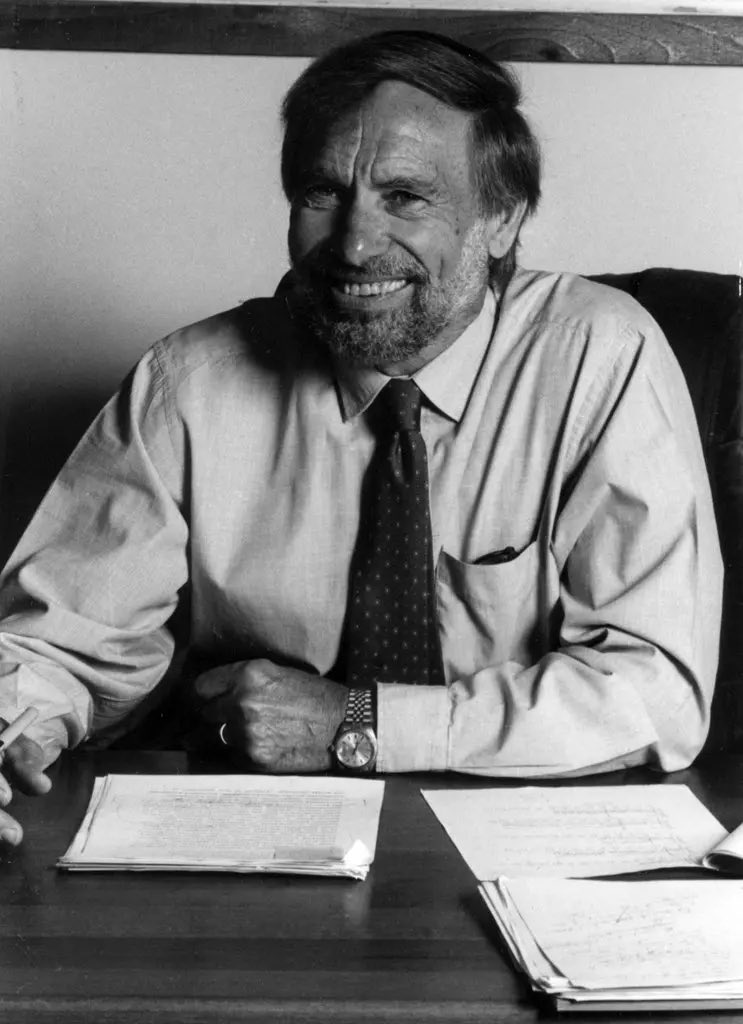
There’s certainly a lot of misinformation in the #interabled article, but it’s worth remembering the number of carers, who are predominantly women and disproportionately women of color, whose disabilities go unrecognized because of the racialization and gendering of care labor.
Christina Crosby and Janet Jakobson have recently referred to this problem as the “geopolitics of disability:” when the apparent independence of some disabled people is made possible by the sublimation of another group’s capacity to be disabled.
To be clear, the journalist should’ve done better homework on the care provided by disabled people, but this error does not negate the facts that (1) care IS LABOR, and (2) labor can debilítate bodyminds in ways that don’t qualify as “disability” under global capitalism.
Disability Studies and activism back themselves into a neoliberal, nationalist, and colonialist corner if the only disabilities they acknowledge are recognized as disabilities. So much harm, maiming, and impairment flies under the radar of the Western medical model.
I hope that, even as we continue to hold ableds accountable for their condescension toward and discounting of disabled people’s immanent value, we can also be self-critical of how the category of disability is restricted to those deemed worthy.
• • •
Missing some Tweet in this thread? You can try to
force a refresh




